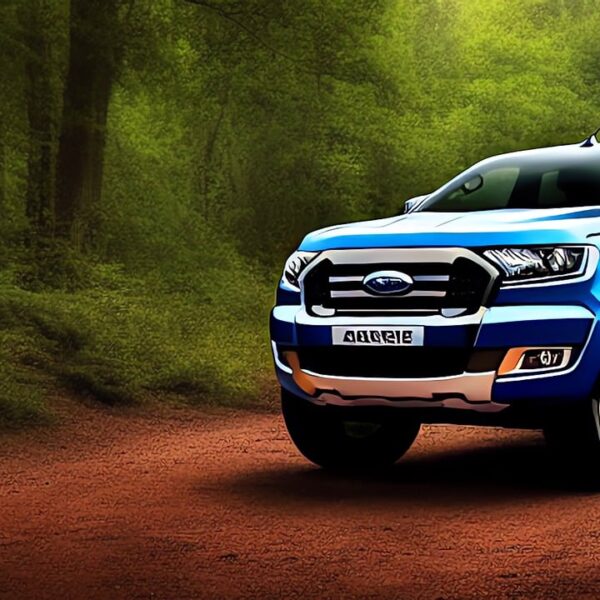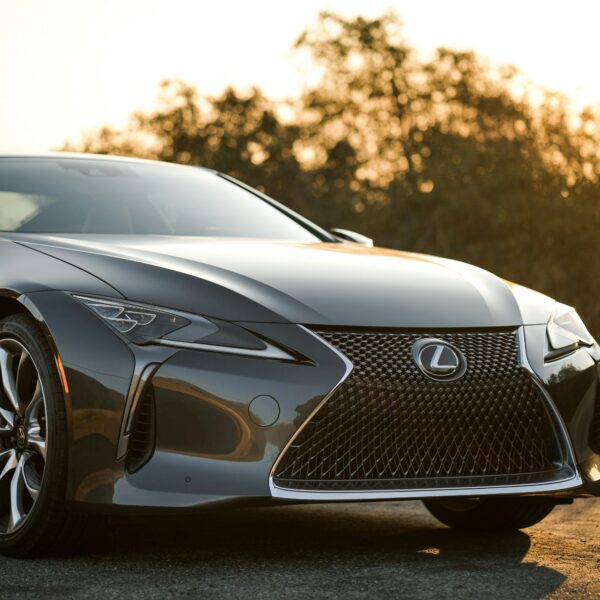Average Age of Vehicles On The Roads Hits 12.1 Years
When the pandemic first hit, car sales nearly halted. The vast decline in new car purchases and a resulting semiconductor shortage from COVID-19 sent the automotive industry into a bizarre reality. Today, we are still reeling from the impact, gaining back momentum a little at a time. Although things are now on the uptick, what’s interesting is the average age of vehicles on the road has hit an all time high. Whether that’s attributed to the global pandemic or simply a sign of consumer behavior, you’ll find out below.
What is the average age of vehicles on the road?
According to an IHS Markit study, the average age of vehicles on the road has reached 12.1 years. That is the highest maturity rate ever reported. It also comes at a time when new car tech is more remarkable than ever. So why aren’t buyers switching to newer models? What’s gripping about the statistics regarding both average age of vehicles and new car buying is that both have been on a marginal increase, even despite 2020. Dealerships are struggling to meet the demand of new car buyers with the nationwide chip shortage, yet older vehicles still dominate the roads.
What’s causing the rise in average age of vehicles on the road?
There is no denying that COVID-19 pushed the average age upwards. After a year of working from home, our cars took the backseat in our life for quite some time. But in all reality, the trends were already on the upswing before the pandemic even took place. Americans are holding onto their 2009-2011 models for a number of reasons.
One: new car prices are at an all time high. According to Kelley Blue Book, the average price for a new vehicle in 2021 is $40,857, up 5.45% from January 2020. It’s important to note the spike in price has no end in sight. In 2019, the average new car price averaged around $36,718. Just let that sink in.
Kayla Reynolds, industry intelligence analyst at Cox Automotive, states, “As we have seen the last few years, we expect transaction prices to continue to grow. While many manufacturers saw year-over-year growth, FCA/Stellantis had the largest increase at nearly 10%.” Hyundai Kia and Honda also experienced measurable percentage increases since the pandemic hit.
Secondly, a number of buyers are still intrigued by the quality of older vehicles. With the switch from mechanical systems to electronic systems, buyers have remained skeptical of the long-lasting quality of newer automobiles. Many car enthusiasts believe in the manufacture of pure mechanics. Not the electronic forces that are taking over the automotive industry as of recent.
How is there still a rise in new car purchases overall?
Although the average age of vehicles on the road has surpassed 12 years, the truth is most Americans are still interested in new car purchases. Between the innovative headlights and stylish body styles, new cars are wooing consumers left and right. Aside from the initial months of the pandemic, the the last decade has seen significant buying power among new car purchases. Buyers can’t gainsay the appeal of a new model. However, it’s clear they still have love for their older vehicle as well.
More Americans are welcoming the idea of a second or third vehicle. This is why the average age of vehicles on the road and new car purchases continue to ascend in harmony. Maybe we can chalk that up to the major interest in EV buying. Yet by next year, the new car prices will probably make our jaws drop, yet again. It sounds like another solid reason to hold onto your current car for a bit longer.
Are you holding on to your ride or ready to buy a new? Share your thoughts below.

















Cars are becoming expensive and working from home has allowed people to share a vehicle or reduce their vehicle usage. In addition, inflation has reached an all time high with wages that are not necessarily increasing at the same rate. People are doing anything they can to forego the purchase of a vehicle because they simply cannot afford it.
Interesting that people are holding their cars for so long.
They just don’t make vehicles like they use to I guess..